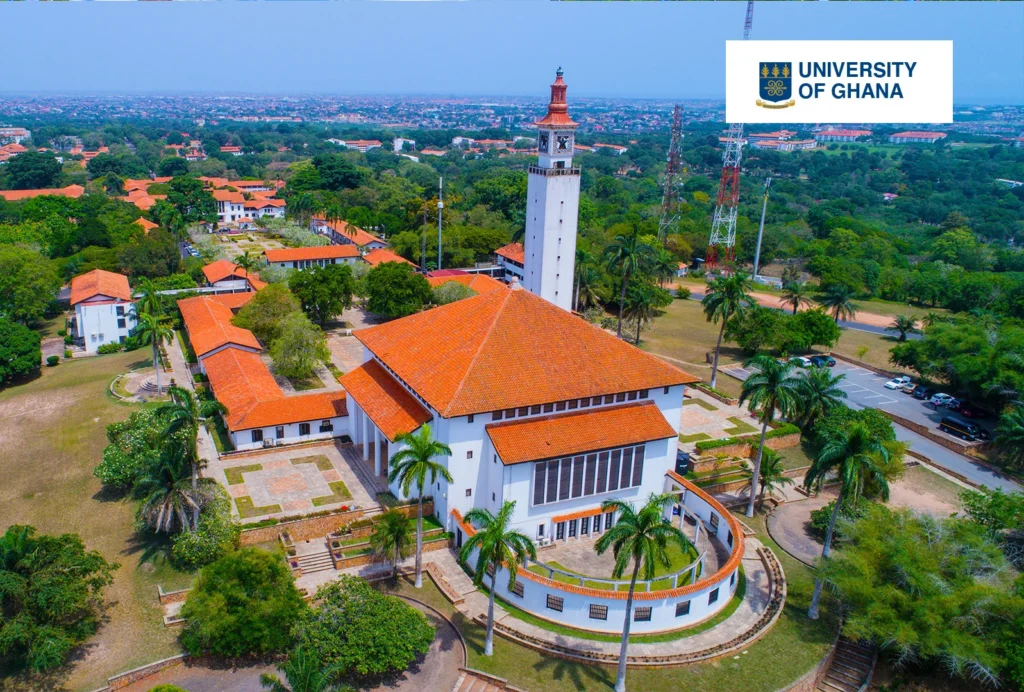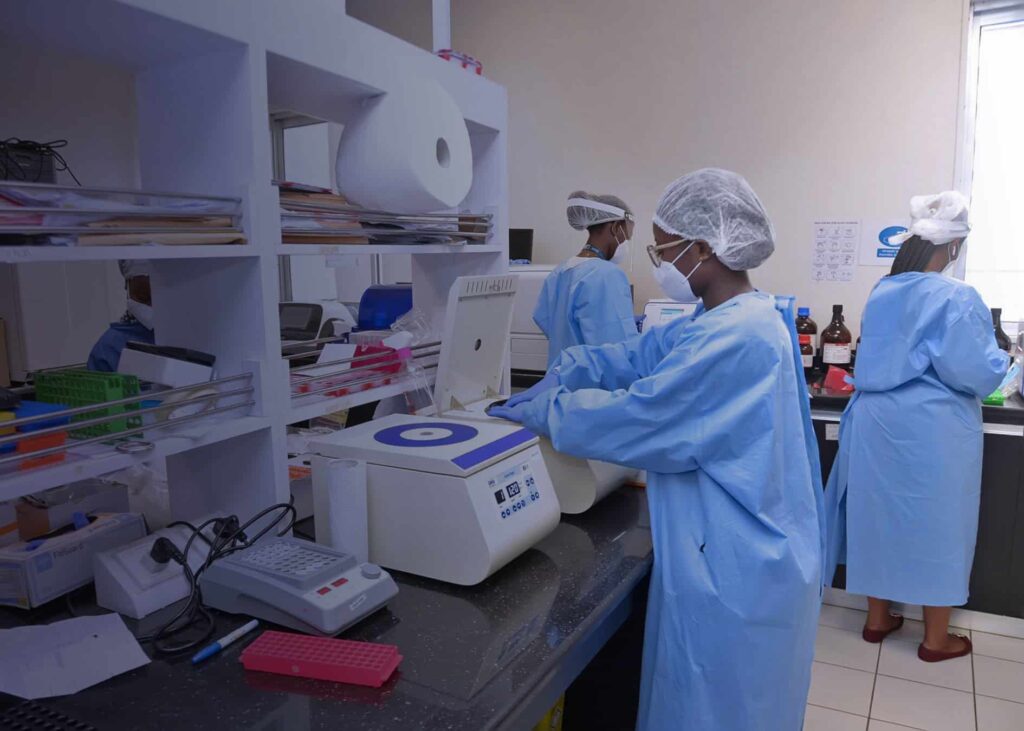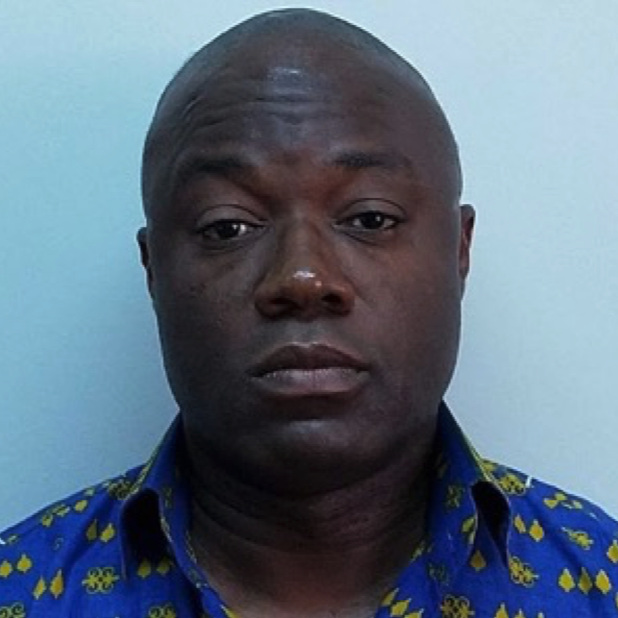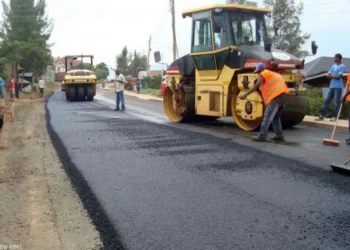Dr. Joseph Humphrey Kofi Bonney, Associate Professor at the Department of Virology at the Noguchi Memorial Institute for Medical Research, has confirmed a noticeable increase in respiratory infections across several regions in Ghana, warning that COVID-19 remains active and must not be ignored.
Speaking from the Noguchi institute’s National Influenza Centre, Dr. Bonney revealed that their surveillance system has detected a rise in respiratory infections, especially during the current rainy season, including COVID-19.
“We have a centre here called the National Influenza Centre, which is a WHO-designated centre for respiratory viruses that cause infection, and it ranges from influenza to all other respiratory viruses, including the COVID. COVID is more or less now living with us – so it’s more or less endemic”
Dr. Joseph Humphrey Kofi Bonney, Associate Professor – Department of Virology – Noguchi Institute
According to Dr. Bonney, the monitoring system, which has been in place for over 15 years, tracks influenza and other viral pathogens collected from “sentinel sites” across the country. He explained that the centre actively tests for respiratory illnesses from individuals presenting with flu-like symptoms, including fever, cough and sore throat.

Specimens collected through throat swabs help detect the presence of viral pathogens, including COVID-19. “This has been going on for some time now,” he added, noting that COVID-19 surveillance was integrated into the programme in 2022 after the pandemic’s peak.
University Outbreak Triggers Concern
While Ghana has witnessed scattered infections since February 2025, Dr. Bonney revealed that a surge of COVID-19 cases was detected across multiple regions, with a significant cluster emerging in the University of Ghana community just two weeks ago.
Describing the phenomenon as “what broke the camel’s back,” Dr. Bonney explained that the overwhelming number of cases triggered the first official circular from the University urging students to take necessary precautions.
Subsequent public alerts by the University of Ghana Authorities, called on students and staff to adhere strictly to safety protocols upon adequately informing them of what was happening. It was suspected that the situation escalated as a result of a series of hall week celebrations that were ongoing at the time.

This drew the attention of the Ghana Health Service and the Ministry of Health. Prior to the outbreak at the university, COVID-19 cases had been reported in the Eastern Region, parts of Greater Accra, Volta Region, and Ashanti Region.
“So yes, it is not a localized resurgence,” Dr. Bonney affirmed, clarifying that despite the outbreak’s concentration on the University campus, the recent increase in COVID cases was not limited to a single location.
Rainy Season Factor
The increase in respiratory illnesses coincides with the ongoing rainy season, which typically brings a spike in infections due to heightened transmission of airborne viruses.
“At these times we are expected to have a lot of these respiratory infections coming up, especially the influenza-like illnesses”
Dr. Joseph Humphrey Kofi Bonney, Associate Professor – Department of Virology – Noguchi Institute

While public attention has shifted away from COVID-19 in recent months, health experts stress that the virus remains a threat, particularly in community settings like schools and densely populated areas.
The resurgence serves as a reminder that despite reduced public discourse, the virus has not vanished and in light of the data emerging from Noguchi’s surveillance network, Ghanaians are being urged to remain vigilant.
The virologist emphasized the importance of personal health monitoring, especially for those exhibiting flu-like symptoms. Active surveillance and timely reporting from the sentinel sites remain essential to keeping the spread in check.
As the nation continues to trudge on post-pandemic recovery, health institutions like the Noguchi Institute, and other stakeholders in the health sector are sounding the alarm that COVID-19 should not be treated as a relic of the past.
The virus remains endemic, and the healthcare system must stay proactive to protect vulnerable populations.
READ MORE: China Lifts Ban On Japanese Seafood


















